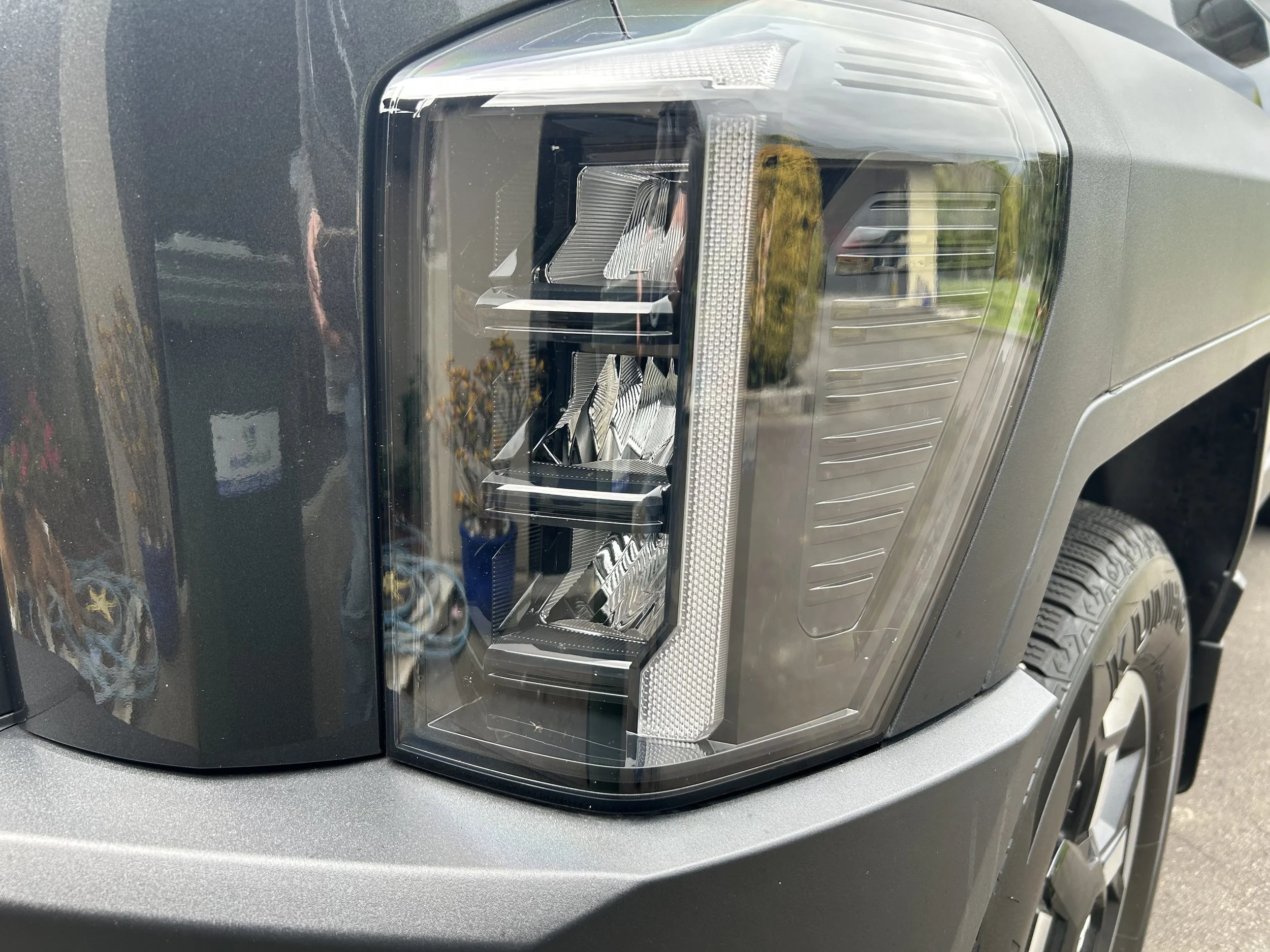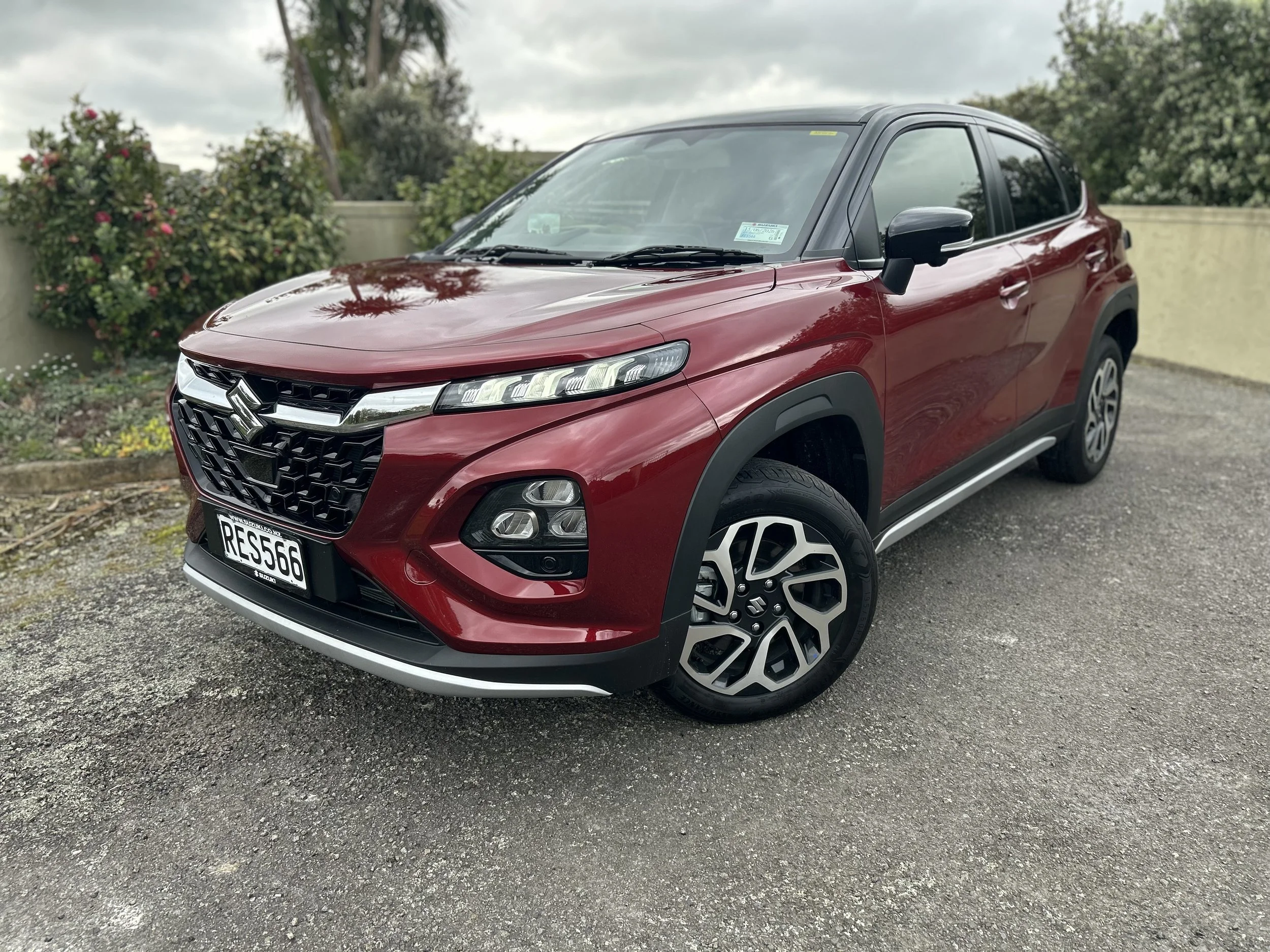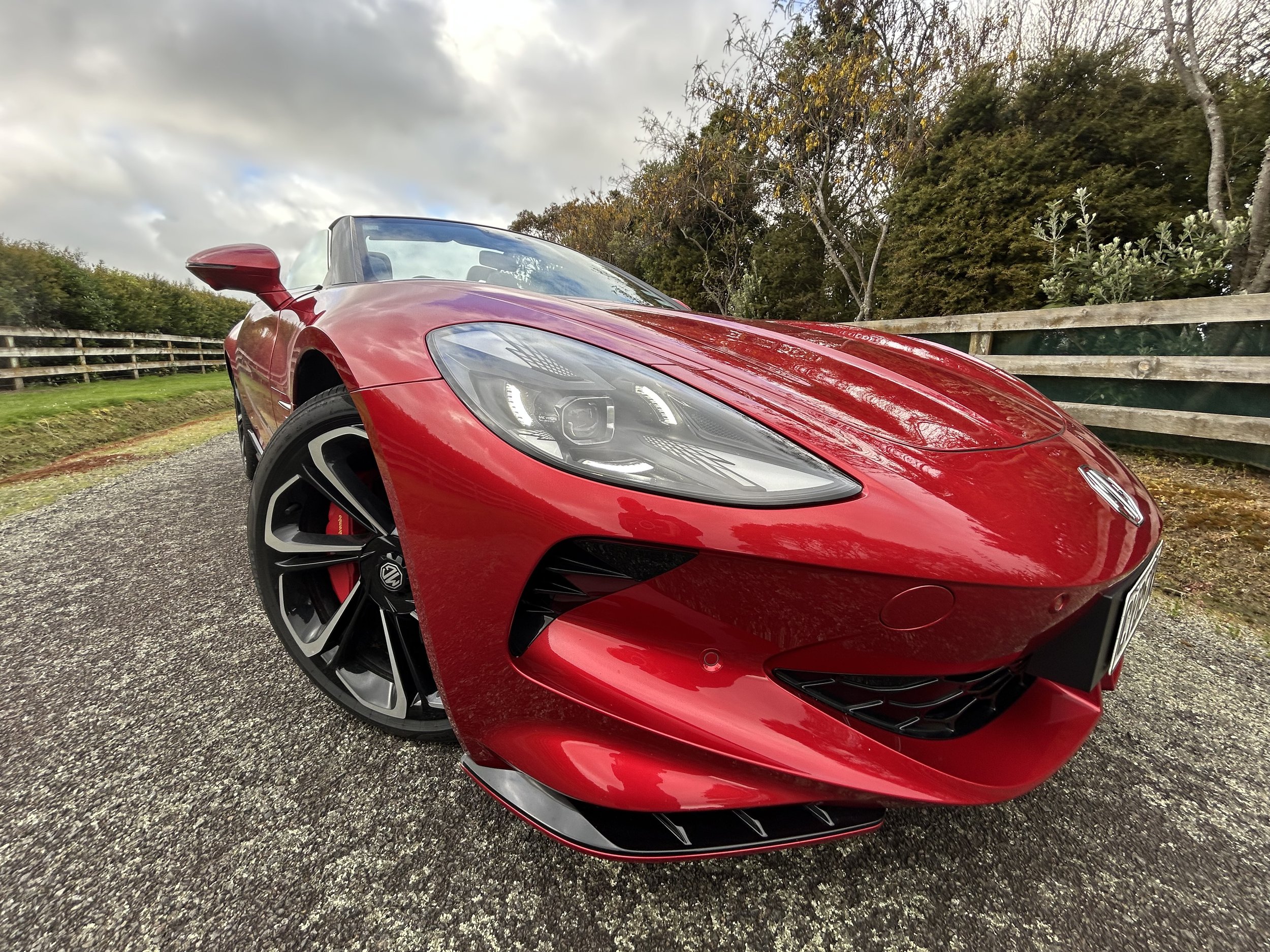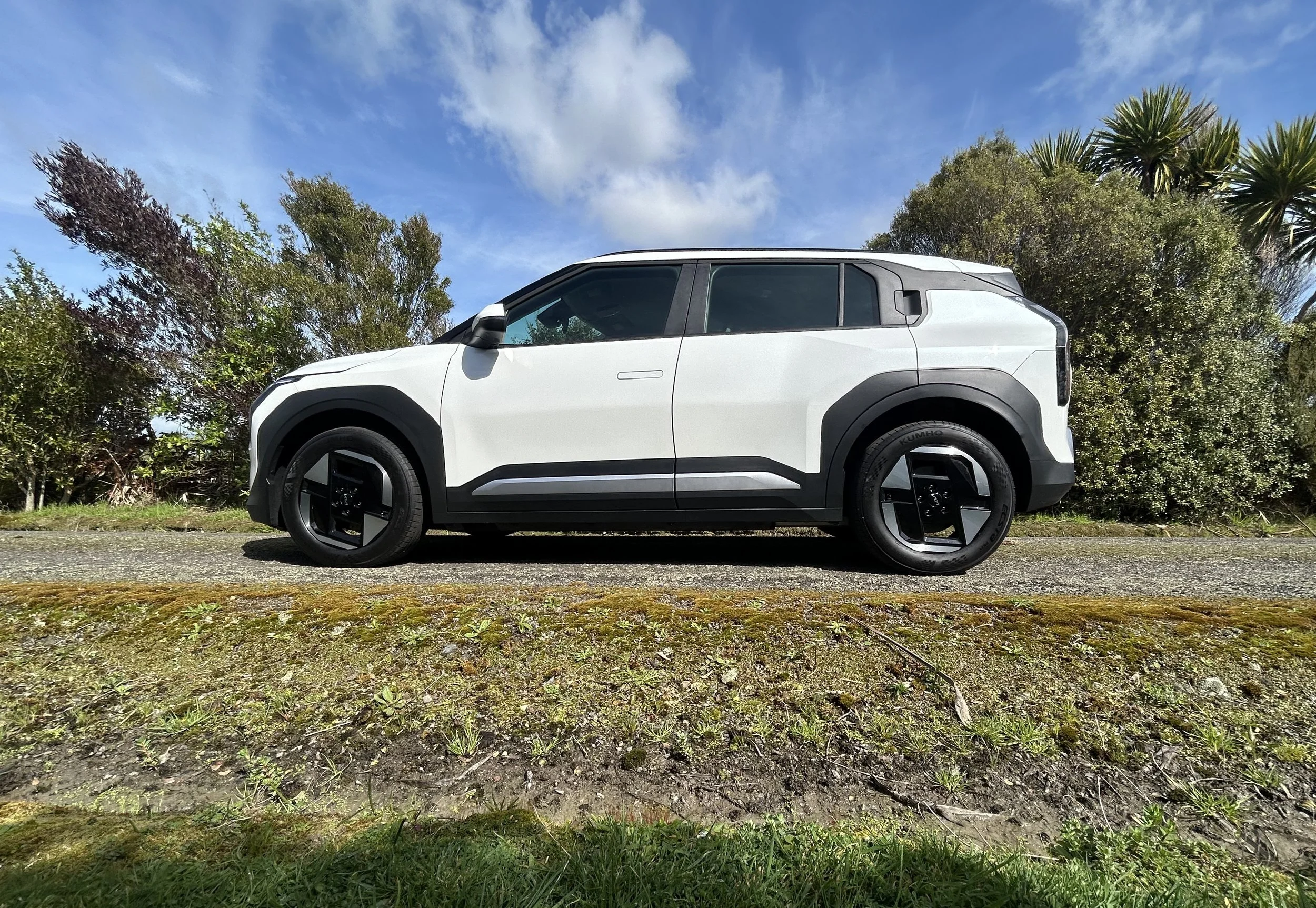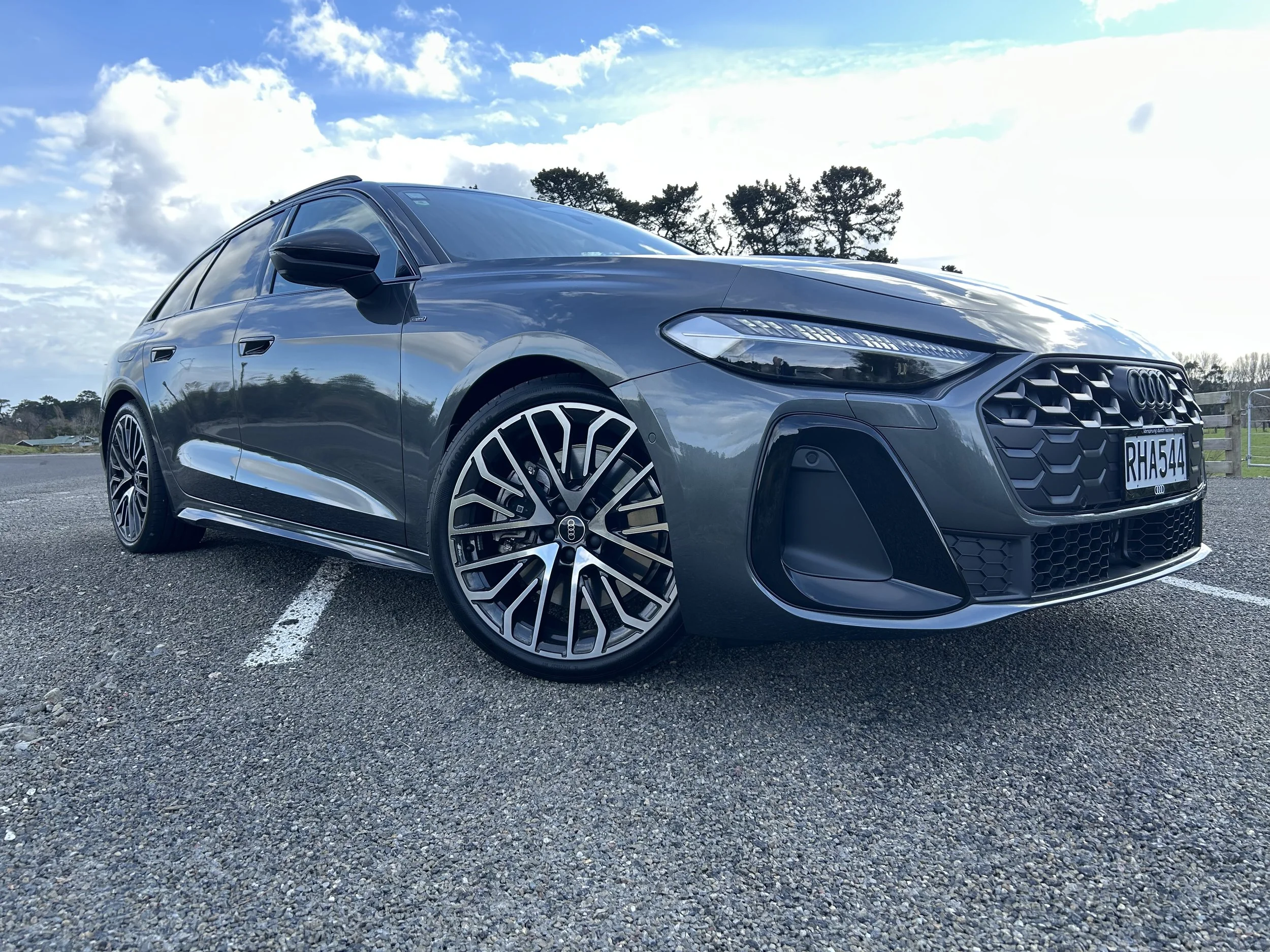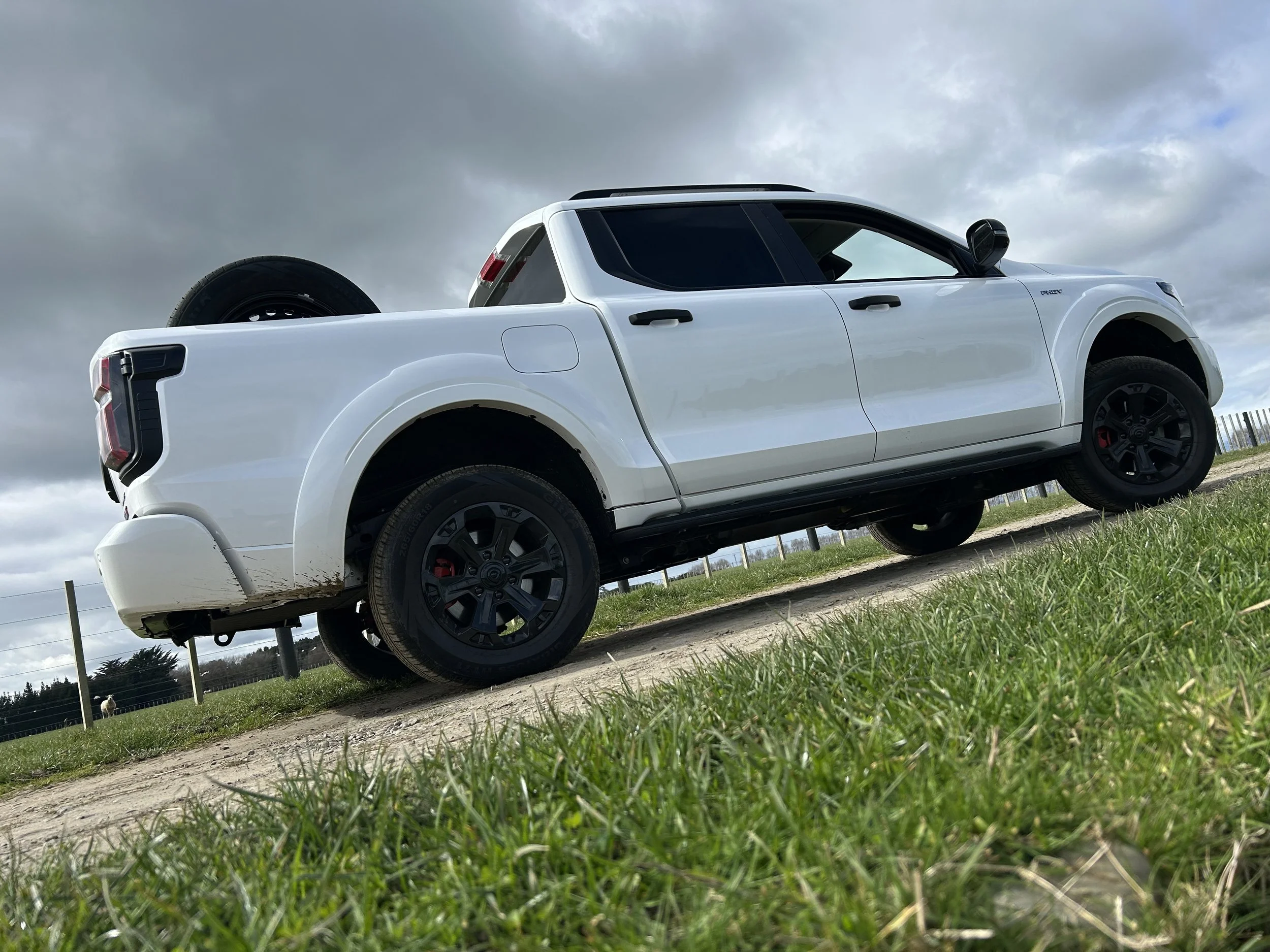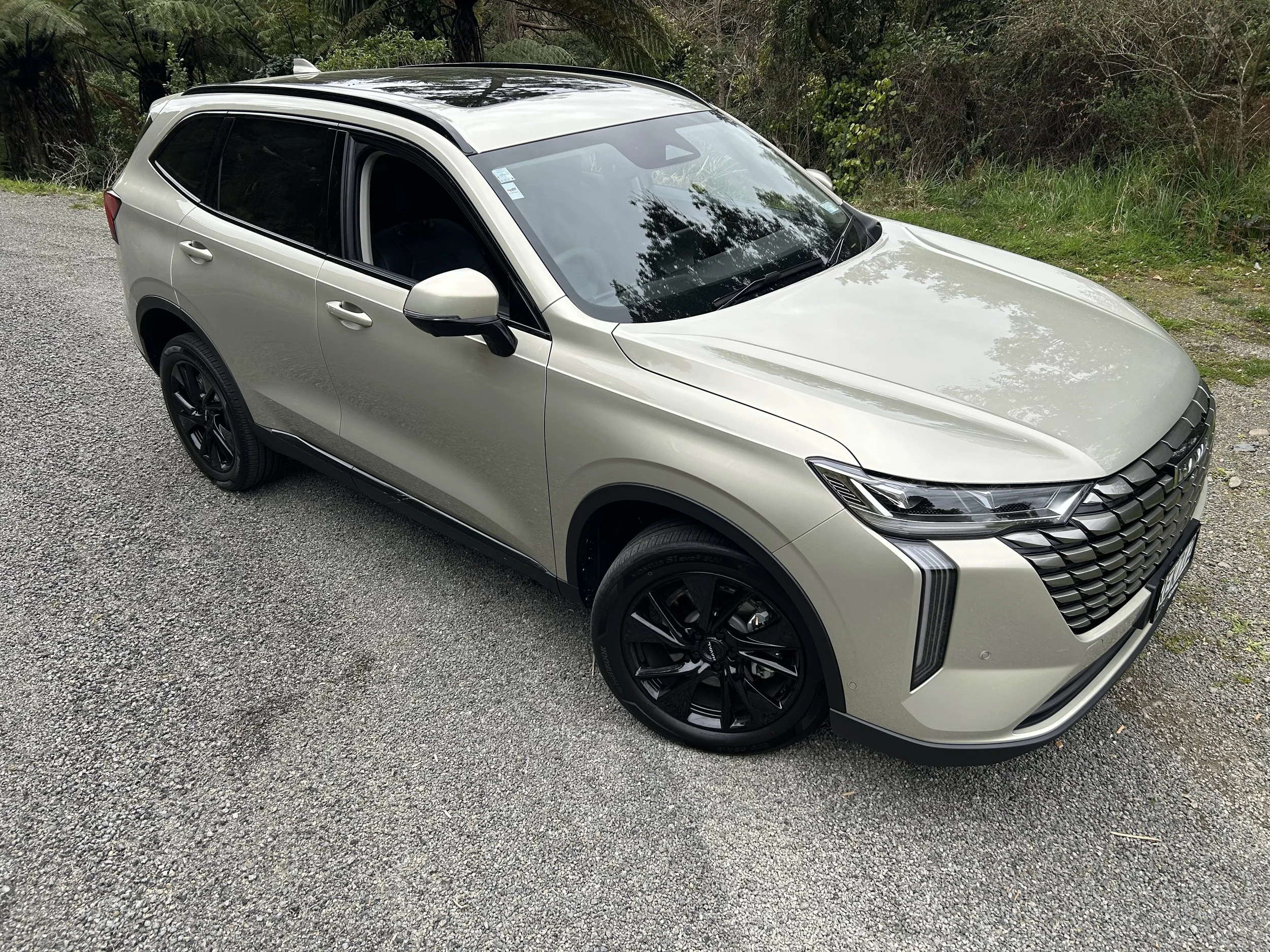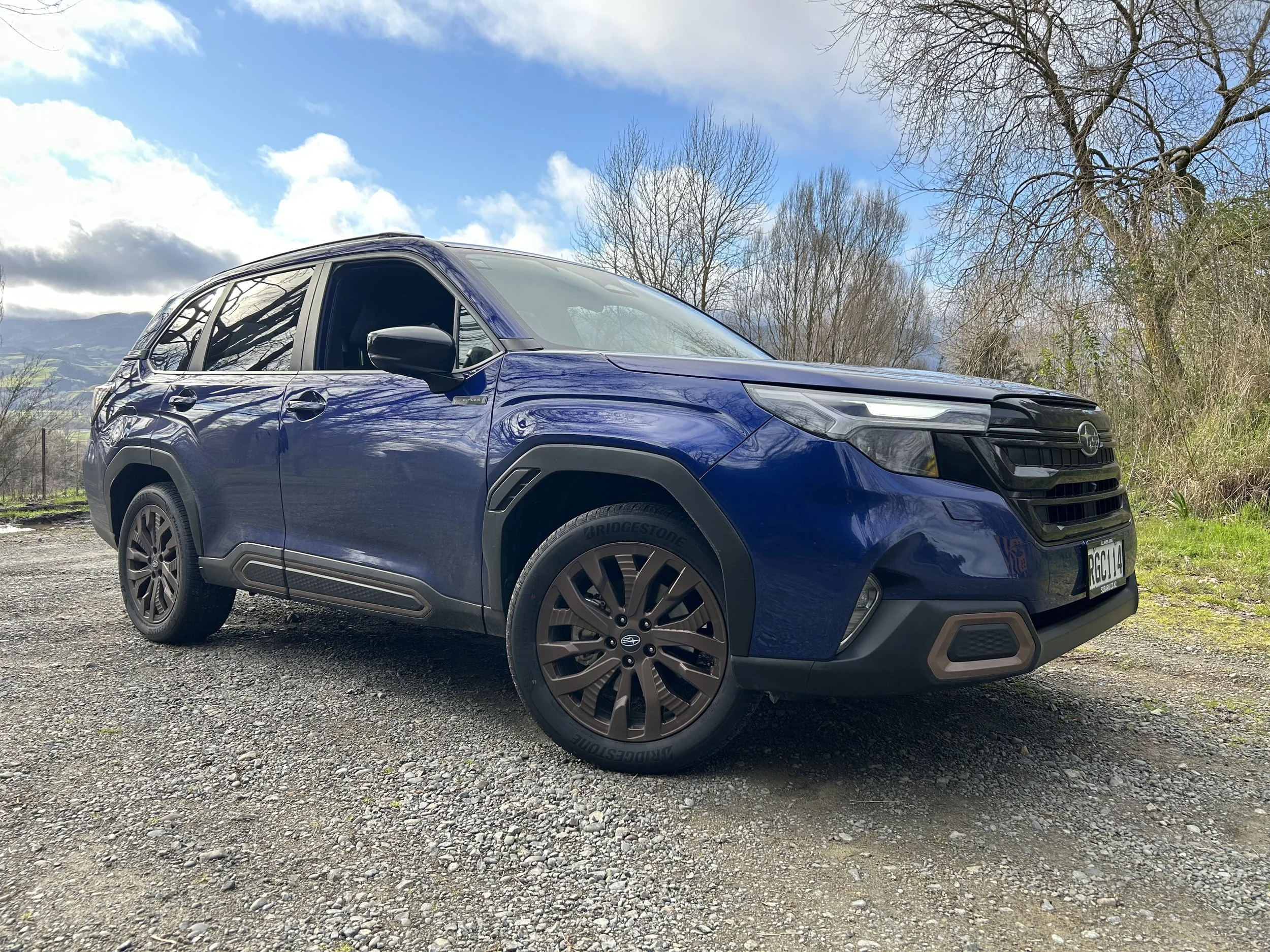All-electric Cayenne confirmed
/New variant is still three years away and a sister ship to next-gen petrol-reliant line out later this year
ELECTRIC is coming to the next-generation Cayenne – but not immediately; kick off with the car later this year will be with fossil fuelled types, so again in hybrid.
The electric is said to be a sister model to the new petrol-reliant versions (pictured), which are now undergoing sign-off, because the fully battery-compelled drivetrain demands a bespoke platform.
Accordingly, that variant is not set to come out until 2026, by which time the incoming combustion-engined models will also have updated.
Porsche in New Zealand has yet to offer reaction to this, and other electric product news, out of Weissach overnight.
Head office in Germany has said the electric Cayenne is core to a plan for 80 percent of Porsche’s global sales to be made up of fully-electric cars by 2030.
The Taycan electric sedan and spin-off station wagon models have already racked up EV success for the brand, and in 2024 the arrival of the new all-electric Macan sports utility should further increase that holding, the brand says.
There’s more as well, with confirmation the Cayman and Boxster are also following the fully electric route, though these will also continue to present with combustion engines as well.
The Macan and Cayenne EV are the big volume hopes, though. Both are coming off a new electric car platform, co-developed with Audi and called SSP. It will have an ultra-fast 800-volt charging system and be versatile enough to underpin most future Porsche models – including a range-topping SUV, set to site above the Cayenne.
Known only by the code-name ‘K1’, that new car is designed to seat seven and aims at other high-end fully electric SUVs arriving over a similar timeframe.
The Macan EV was supposed to have been on sale this year, but the computer chip crisis and problems with the software developed for the SSP platform has delayed it.
K1 has long been rumoured, but it was only fully confirmed in Germany overnight, during an announcement which also detailed that 2022 was a good year for Volkswagen Group’s high-performance brand, with a $11.7 billion profit announced.
“We plan to expand our product portfolio upwards - with a new all-electric SUV, with a performance-focused character, above the Cayenne,” said Porsche chief executive Oliver Blume in referencing K1.
“We are thereby underlining and strengthening our luxury positioning. We see a strongly growing profit pool in this segment, in particular in China and the United States.
“This is a new car concept - with a characteristic Porsche flyline, impressive performance, automated driving functions and a new interior experience.
"Our strategy is clear: electromobility is the utmost priority at Porsche," said Blume.
"Let's begin with the all-electric Macan: it is scheduled to go out to our customers in 2024. Then there's the 718 (Boxster and Cayman). The all-electric version is planned for the middle of the decade.”
He said that “completely new model” will release in parallel with the combustion engine version.
“In the medium term, the 718 will only be available as an all-electric model.”
He has high confidence for the electric Cayenne. “The Cayenne has conquered the sporty SUV segment over the past 20 years - as a family-friendly tourer, a robust off-roader and a highly dynamic sports car all rolled into one. The all-electric Cayenne shall continue this success story.”
Blume also confirmed that Porsche will continue the development of its synthetic petrol, called e-fuel, which it's making in Chile in cooperation with Siemens.
E-fuels have become controversial in the wake of Germany pushing back against the EU's proposed 2035 combustion engine ban. Environmental campaigners say that e-fuels are too energy-intensive for use in cars, which would be better powered by batteries.
Porsche says its fuel is theoretically carbon-neutral as it draws CO2 from the atmosphere and combines it with hydrogen extracted from seawater using renewable electricity.
“With regard to ICE cars, we think e-fuels can play a useful complementary role for the large number of existing cars and niche segments,” Blume said. “E-fuels are equally suitable for planes and ships.”
He says the Chile plant demonstrates that e-fuels can be produced on an industrial scale.
“For us, it's a matter of conviction and pioneering spirit. Sustainability is a central pillar of our Porsche strategy. We are committed to the Paris Agreement targets - and to our responsibility as a company.”















